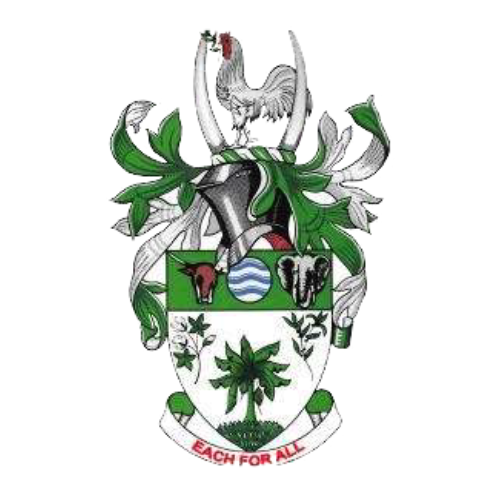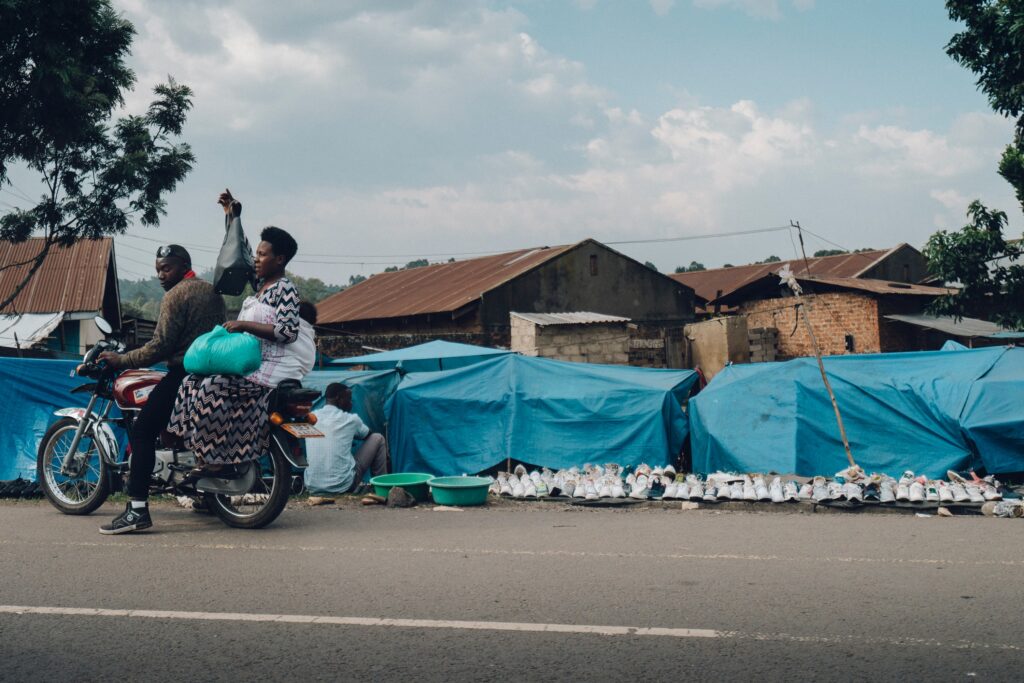Lisbon
Learn more about Lisbon's food system below
Coming soon
City overview
Mbale City in Uganda is a vibrant business hub located near Mt Elgon and the Kenyan border. With a population of 488,960, the city experiences a warm climate and relies on traditional marketplaces for food sourcing. Rural smallholders and backyard peri-urban farmers produce the majority of food in the city. The city faces challenges related to food and nutrition insecurity as well as food governance. To tackle these issues, several initiatives have been introduced, including programs such as Rikolto’s Good Food for Cities programme, Veterinaires’ Sans Frontieres (VSF), Agrifose 2030, and the Ministry of Agriculture, Animal Industry, and Fisheries’ Parish Development Model. Mbale City, through the AfriFOODlinks project, aims to establish food system and safety infrastructures, promote and set up standard market stalls and vendor support systems, establish food-related ordinances and policies, and raise awareness about food recycling technologies.


City food system ambitions
• Establish food system and safety infrastructures such as; food safety and food system surveillance, monitoring, and data collection.
• Promotion and establishment of more standard market stalls and vendor support systems.
• Support the establishment of food-related ordinances and policies, on handling, transporting and storage of food.
• Sensitize communities on/ promote food recycling technologies.
Programmes in place
• Rikolto Good Food for Cities Program: Aimed at bringing together different stakeholders to develop a shared vision to improve food safety in urban food chains.
• Veterinaires’ Sans Frontieres (VSF): Capacity building on food safety
• Agrifose 2030: Aim to build resilient food systems and sustainable farming along riverbanks
• Parish Development Model: Government’s strategy to end poverty, improve food security and nutrition through improving food production, value addition along key value chains, and financial support.
• Agricultural extension grants programme: It involves routine farm visits, training of farmers on best food production practices, soil and water conservation practices, farmer groups and Savings and Credit Co-operative Society (SACCOs) formation.
Challenges
• Food and nutrition insecurity: Resulting from a lack of knowledge regarding urban farming systems and the increase in rural-urban immigration, with many urban poor having no land to farm and income to purchase nutritious foods.
• Urban agriculture and land use: The increased urban population has led to land fragmentation, necessitating diverse production systems, including urban farming, backyard cultivation, commercial poultry and livestock farming, and crop cultivation like rice, coffee, and maize.
• Market management: Lack of a platform on which different food markets could share the same ideas to reach an objective of safe, healthy, and nutritious markets.
• Food waste: Limited technologies and projects on utilisation and processing or adding value to waste food.
• School feeding programmes: Lack of or limited local ordinances, policies, and frameworks on improving school-going students and children’s nutrition and health.
• Food safety: Limited knowledge of consumers, vendors, traders, and food transporters on food safety regulations and standards, and lack of localised standards on food handling, transportation, display, and storage to enforce.
• Supply chains: The majority of these are informal systems.
• Poor infrastructure: Lack of prioritisation for building essential infrastructures, such as surveillance and data collection systems for food safety.
Achievements
• Multi-stakeholder governance: With Rikolto programs, such as “Good Food for Cities” and “AfriFOODlinks”, there is proper initiation of food systems governance through established online platforms, including the “Mbale Good Food Council,” “Mbale City Food Parliament,” and the “Mbale Food Systems Platform” under Agrifose 2030.
• Market management: There have been several efforts under Rikolto programs on capacity building and improving food display, such as new stalls in a phased manner.
• Food safety: Gradual improvement is evident through heightened literacy regarding food safety, standards, and regulations, and vendors are embracing and emulating the adoption of advanced technologies established in the sector.
"The vendors were involved in the design of the food stalls. They wanted supermarket-style stalls with vertical layouts so that more products could be displayed. Storage compartments underneath provided a place to keep produce and facilitated customer interaction" - Peter Businda (Rikolto Coordinator)
Status of food and nutrition security
- Access to healthy and nutritious food, especially for children
- Strong informal sector
- Multi-functional centres that improve food security and provide community resilience Improved circular economies
